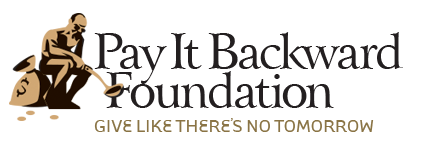
CALL US TODAY 1.833.PIB.LIFE

- HOME
-
- WHAT WE DO
- CONTRIBUTE TO WORTHY CAUSES
- COLLABORATE WITH LOCAL & NATIONAL ORGANIZATIONS
- SUPPORT EDUCATIONAL OUTREACH INITIATIVES
- PROVIDE LEADERSHIP SPEAKING EVENTS
- WAYS TO GIVE BACK
- STREET SOCKS CAMPAIGN
- INSPIRE YOUR LOCAL COMMUNITY
- GIVE HOPE TO THOSE IN NEED
- MOTIVATE WITH WORDS OF WISDOM
- NEWS, EVENTS & STORIES
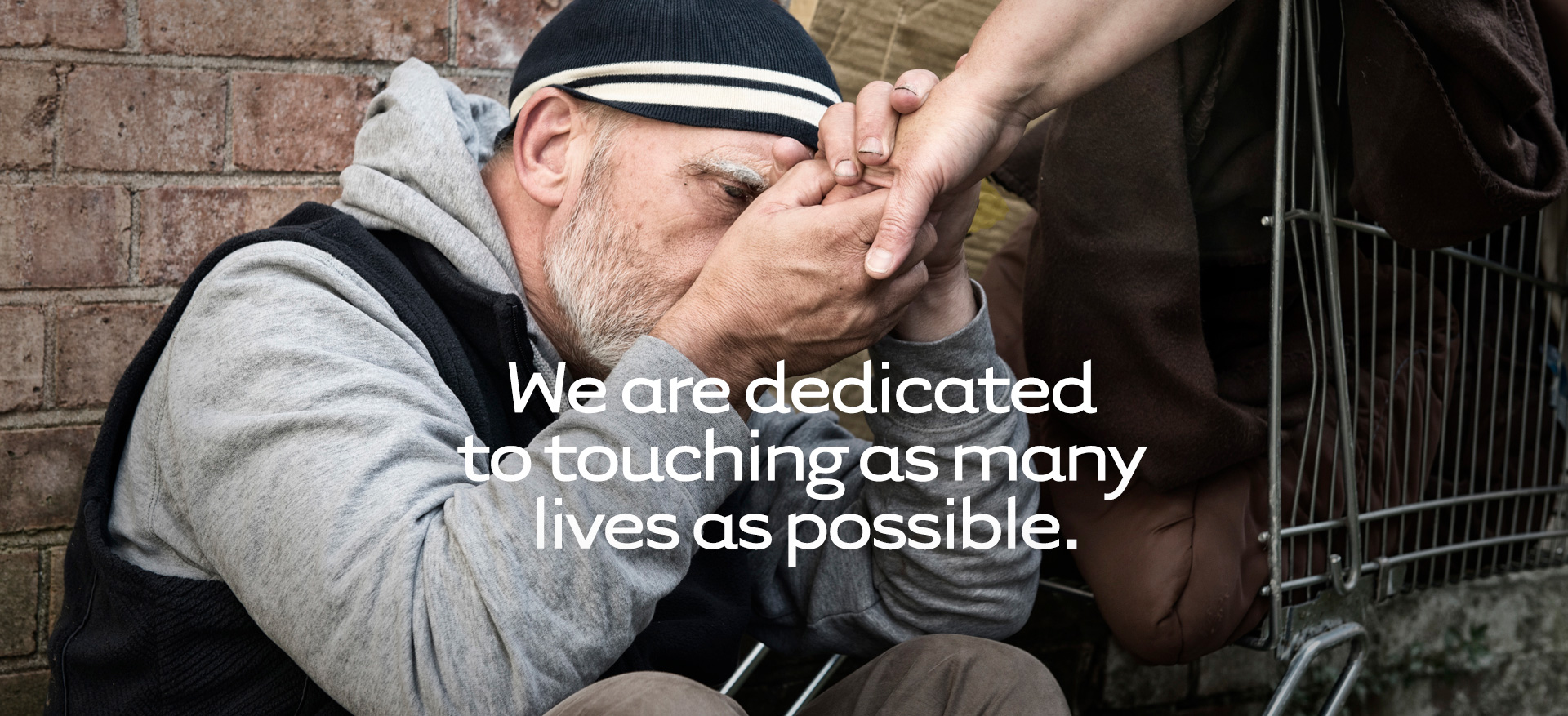
Who needs our love
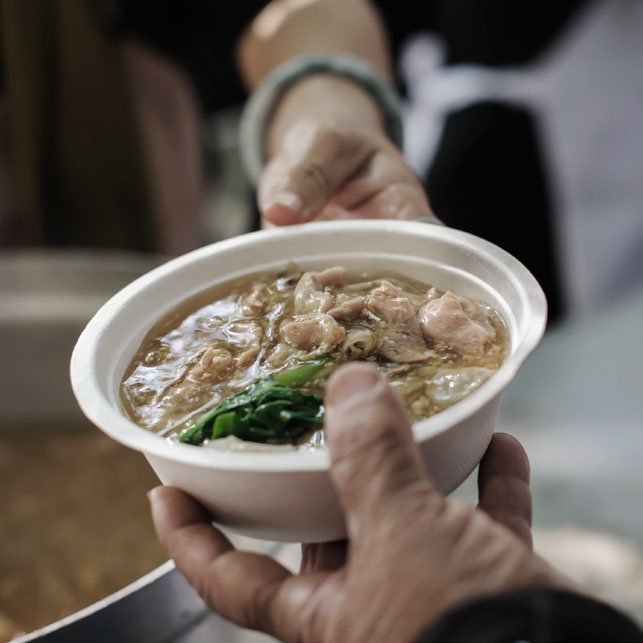
The Poor & the Hungry
We are a friend to those living in poverty.
Everyone has a story to tell that’s unique to them. And when we see people living on the street, it is rarely a simple tale.
Living in PovertyU.S. Census Bureau ~ 2018
Homelessness is often a heartbreaking mix of economic instability, lack of affordable housing, mental illness, addiction, simple misfortune, systemic prejudice, and domestic violence. These factors pile on top of one another over the course of months, years, and even generations.
In the United States, there are more people living in poverty than ever before, and the fastest growing segment of the homeless population is families with children. In 2013, 2.5 million American children experienced homelessness. Picture a school full of classrooms of 30 children: one student in each room does not have a home.
The fastest growing segment of the homeless population is families with children.
It’s not just the homeless facing dire straits, it’s also the working poor. These are single moms who can’t afford the daycare fees to work full-time. College students overwhelmed by student loans and minimum wage jobs. Immigrant families working every side job they can find while their children are at home alone and hungry.
Poverty begets poverty. It limits opportunities and perpetuates the problem. A daily life of struggle and uncertainty, with no stability, support or resources, rarely allows for a success story.
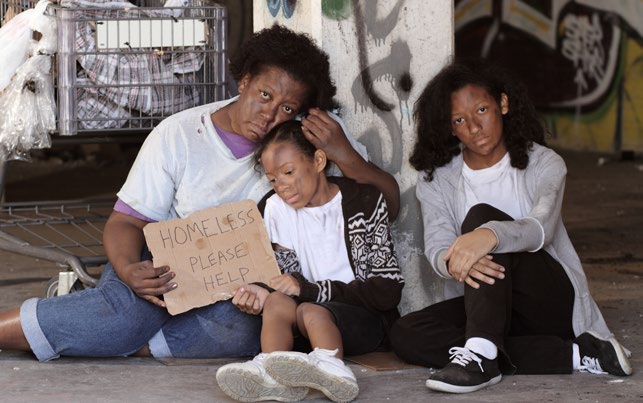
But we can help! Timeless inspiration urges us to comfort and assist the poor. Jesus said, “Truly I tell you, whatever you did for the least of these brothers and sisters of mine, you did for me” (Matthew 25:40). Buddha said, “Give, even if you only have a little”. Mohammad said, “If you love the poor and bring them near to you, God will bring you near Him on the Day of Resurrection”. We have been called upon, throughout history, to help those around us in need, to see them as our neighbors and friends.
HomelessU.S. Department of Housing
and Urban Development ~ 2018You need look no further for inspiration, ultimately, than the pure hearts of children. They instinctively hold compassion for the poor. They inherently understand that poverty is not a choice, and that everyone deserves dignity. Stories abound about children using their allowances to buy food for the homeless and donating their birthday gifts to shelters.
It might say something about our society when children are teaching us about compassion? Have we lost our way? It appears we may have forgotten that when we give back to someone, their sense of dignity is restored, and in turn this feeling is mirrored in us. Perhaps it’s time for us all to take a little deeper look into our own hearts and reflect on the contributions we are making to both our individual and global communities.
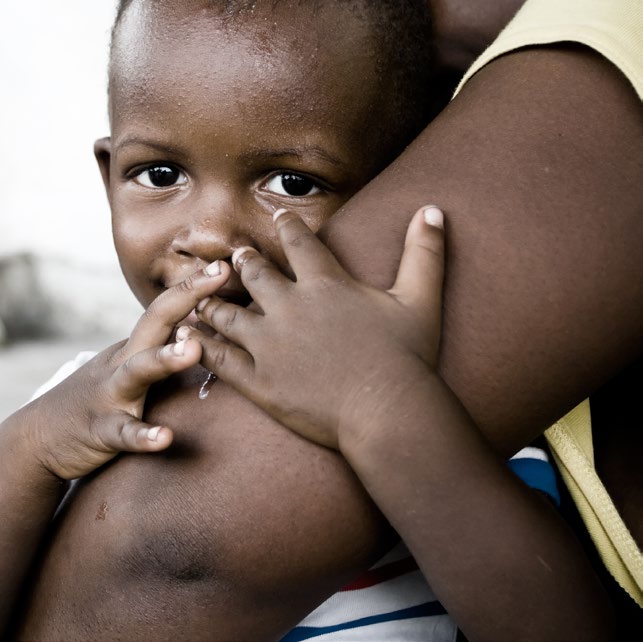
The Abused & the Oppressed
We are restless in our quest to bring love and mercy to the abused and oppressed.
Sometimes it’s those people in our lives whom we count on for love and support that bring us down, hurt us most. The Pay It Backward Foundation honors the victims, the abused and the oppressed all around us.
Domestic violence victims are among the most vulnerable and least powerful members of our society. They are the wives and partners who receive relentless abuse, emotional and physical in nature. Their children are then exposed to abuse as well, often sexual, from family, friends and neighbors, posing as help.
Adults with AddictionNational Institute on Drug Abuse ~ 2018
A woman in an abusive situation feels helpless. Money is scarce, often controlled by her partner. She wants to maintain a sense of normalcy for her kids, but regular routines, such as jobs, schools and friendships, may not be safe. Her children’s wellbeing is always top of mind while, ironically, she herself is most at risk. It is a terrifying, exhausting, desperate way of life. We aim to provide support and encouragement to the empathetic souls across North America who are working tirelessly to bring safety, comfort and peace to these victims.
Bringing love and mercy to the abused and oppressed can be a difficult mandate. We often wrestle with our own morality and understandings of good and evil. For example, we find ways to work with prison systems and prisoner rehabilitation. The Pay It Back Foundation understands that those found guilty of crime must pay for their offenses. But can we agree that a caged person cannot learn to fly without support, even love?
Single MothersU.S. Census Bureau ~ 2018
It is essential to give the imprisoned the tools and resources they need to break their cycles of crime, violence and repentance. We must support these people not only for their sakes, but for those of their families, their victims and our society as a whole.
“Give me your tired, your poor, your huddled masses, yearning to breath free...” Inscription inside the pedestal of the Statue of Liberty
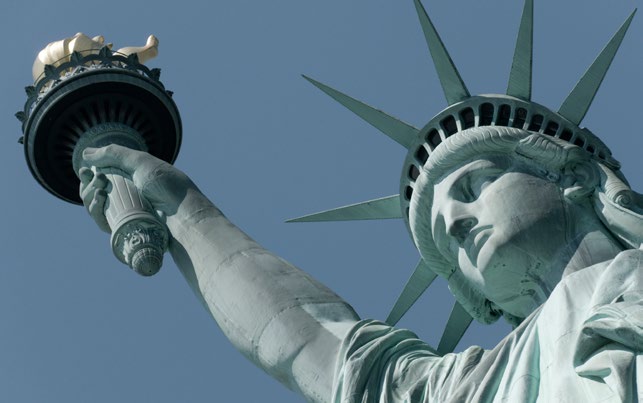
The history of countries is complex, with inappropriately legalized slavery and oppression checkering the past of some of the most powerful nations on earth. The after effects and complications of those times still affect citizens today. It is not enough to say that a country is a land of equal opportunity, when some of its citizens are not allowed to buy land, vote or potentially hold office. Systemic injustice is real and unfair.
And in our home country of the United States, we must not turn our gaze from the Statue of Liberty, as she beckons, “Give me your tired, your poor, your huddled masses, yearning to breath free...”. It is incumbent upon us all to examine our beliefs and our doubts. Around the world, our country is known as a beacon of freedom and safety, even now as our politicians challenge that underpinning of our national identity.
These strangers to our land are afraid. They are hungry and desperate. They are separated from their loved ones, their homes and their understanding of themselves. We must recognize their despair and open our hearts with empathy. When it comes to love, the Pay It Backward Foundation sees no borders. We offer love and mercy to all the abused and oppressed, whatever the origins and the future path of their journeys.
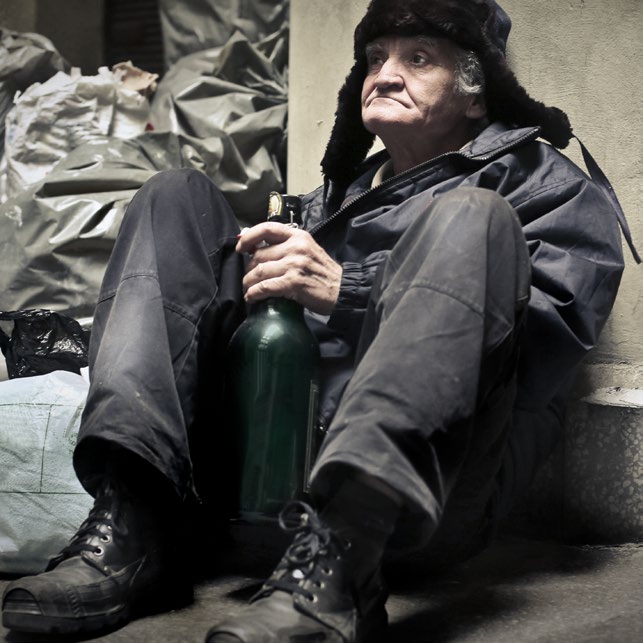
The Vulnerable & the Neglected
We hold close to our hearts the vulnerable and neglected.
When faced with an unbearable reality, it is often easier to lay blame than provide solutions. When we report that there are almost 450,000 children in the American foster care system, many people are angry. They ask why and talk about parents and taking responsibility.
The truth is, the Paying It Backward Foundation is not here to answer the question. Our focus instead is solutions, because these children are growing older every day, while their problems grow larger.
30,000 young people age out of the foster care system every year, without even being adopted.
People always think about foster kids as children. In fact, 30,000 young people age out of the foster care system every year, without even being adopted. While they’ve been deemed “adult” and able to care for themselves, they still need help. Most importantly, they need a sense of hope to create a space for themselves. Through our support and partnership initiatives, we help them to see they deserve a future.

At Risk Elder OrphansAmerican Association of Retired Persons ~ 2018
People with physical and mental disabilities are especially vulnerable in our fast-paced society. The bureaucracies they are subject to are convoluted, the health care system is often insufficient, and simply moving through the day can be a daunting challenge. These people are reliant on their parents, and then perhaps siblings and extended family, but the truth is, many are left to fend for themselves, often with disastrous results. And recent statistics point to the fact that upwards of 40% of homeless people are dealing with mental or physical impairments. These often forgotten particularly need our love.
Children in Foster CareU.S. Census Bureau ~ 2018
The Pay It Backward Foundation is also invested in our elderly, as one day we will be counted among them. We now have more elderly in our society than ever before, and at the same time, the reality of family dynamics has evolved beyond the traditional stability of decades past. Career opportunities take people away from their hometown, they are having children at a later stage, and the pace of life can easily isolate families. At the same time, as people age, their physical, emotional and mental needs become more acute. Fortunate elders are able to financially provide for their own care, but too many are struggling. At a time when they need their families the most, many elderly people find themselves on their own. They are lonely, worried and isolated.
Beyond the need for financial and administrative support, the vulnerable and neglected need what is often the easiest to give: our compassion. They look forward to our visit, they relish our attentive ear, they crave our warm embrace.
Foundation Info:
Copyright ©2020 Pay it Backward Foundation. All rights reserved. | PRIVACY POLICY
.png)


